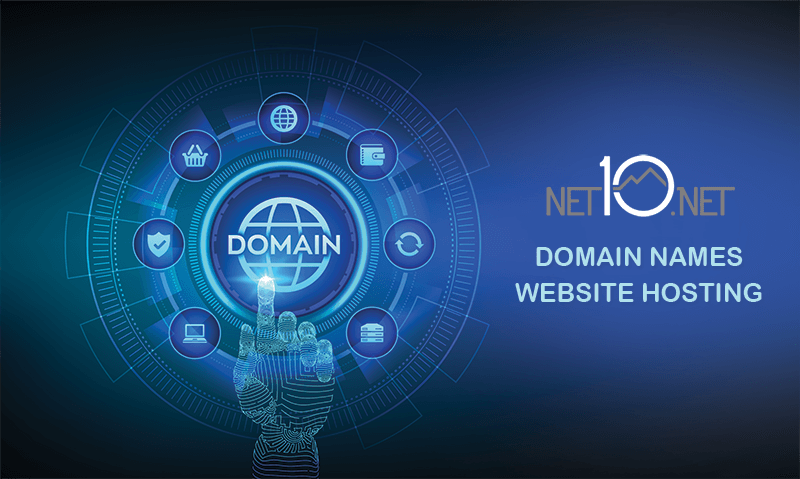
Unleashing The Power of Cloud Hosting Is A Game-Changer For Developers
How Does Cloud Hosting Help Application Developers?
In today’s rapidly evolving digital landscape, cloud hosting has become indispensable for developers seeking unparalleled flexibility, scalability, and efficiency in their application development endeavors. This blog post explores how Net10.net’s cloud hosting empowers developers to overcome challenges and deliver superior applications to a global audience.
Embracing Scalability with Cloud Hosting
A primary advantage of cloud hosting at Net10 Internet Services is its remarkable scalability. In response to changing demands, developers can seamlessly adjust computing resources, such as processing power, storage, and bandwidth, ensuring optimal performance and resource utilization, enabling applications to scale effortlessly with surges in user traffic.
Cost-Efficient Solutions for Developers
Our cloud operates on a pay-as-you-go model, making it a cost-effective solution for developers. Eliminate substantial upfront infrastructure investments to focus on innovation without the financial constraints typically associated with traditional hosting solutions, especially if you are a startup or small business.
Unmatched Flexibility for Development
The flexibility offered by Net10’s cloud hosting is a game-changer for developers. They can choose their preferred development environment, programming languages, and frameworks. This flexibility accelerates development cycles, fostering an environment where creativity and innovation thrive.
Global Reach for Enhanced User Experience
With our data centers strategically positioned, cloud hosting enables developers to provide applications in proximity to end-users. This geographical advantage minimizes latency, ensuring a seamless and responsive user experience for a diverse, worldwide audience.
Reliability and Uptime Assurance
Reputable providers guarantee high levels of reliability and uptime. This reliability is crucial for developers, ensuring that applications remain accessible to users without disruptions. With the reassurance of uninterrupted service availability, Net10 Internet Services help developers confidently focus on refining and enhancing their applications.
Cloud Hosting Provides Components That Elevate The Development Process:
Automated Updates and Maintenance
Cloud hosting at Net10 helps perform essential infrastructure maintenance tasks, including software updates, security patches, and hardware upgrades, allowing developers to concentrate on refining their applications, secure in the knowledge that the underlying infrastructure is in capable hands.
Collaborative DevOps Culture
Cloud platforms actively support collaboration between development and operations teams, fostering a DevOps culture. Developers can seamlessly integrate continuous integration and continuous deployment (CI/CD) pipelines, automate testing processes, and collaborate effectively within the cloud environment.
Fortified Security Measures
Net10.net’s security is paramount in the world of cloud hosting. We invest significantly in robust security features, including encryption, firewalls, identity and access management, and monitoring tools. Developers can leverage these built-in security measures to fortify their applications against potential threats.
Robust Backup and Disaster Recovery
Cloud hosting services typically include robust backup and disaster recovery options. Developers hosting with Net0.net enjoy automatic backups to ensure data integrity and availability in the face of unexpected issues, providing peace of mind and safeguarding against potential data loss.
Seamless Integration with Third-Party Services
Our cloud platforms offer diverse pre-built services and APIs that can seamlessly integrate into applications. These services include databases, authentication services, and more, streamlining development efforts and saving valuable time.
Are you ready to take your hosting and application development to new heights?
Elevate your projects with Net10.net’s cutting-edge cloud hosting services. Unleash the power of scalability, flexibility, and reliability in a cost-effective package designed to meet your unique needs. Don’t let limitations hold you back—experience the seamless integration, robust security, and global reach that Net10 Internet Services’ cloud hosting offers.
Maximize your potential and innovate with confidence. Visit other areas of our website to explore how Net10.net can catalyze your development success. Email us at support@net10.net or give us a call at (928) 515-8990 today! Seize the future of hosting – choose Net10 Internet services and soar above the clouds.



 At
At